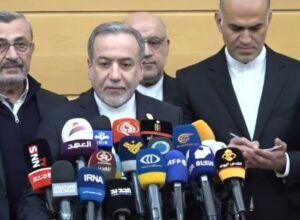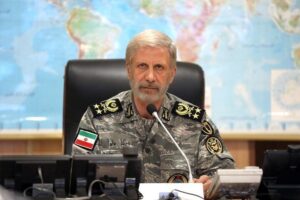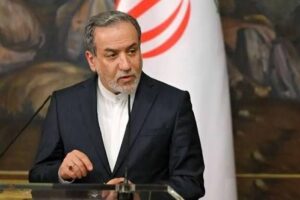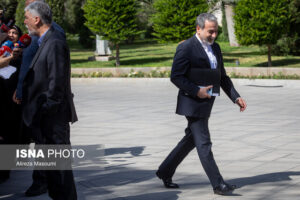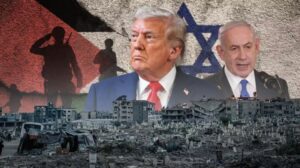Throughout modern history, the Islamic Republic of Iran has consistently demonstrated a foreign policy approach grounded in one clear principle: it does not yield to threats. Be they psychological, economic, or military, coercive tactics have failed to break Iran’s strategic posture or extract unilateral concessions. This approach is a deeply rooted doctrine informed by historical experience, national identity, and a strategic calculus shaped by more than four decades of international pressure.
The 1979 Islamic Revolution was not just a change of regime, it was a declaration of sovereign independence after decades of foreign interference, particularly from the United States and Britain. The revolution redefined Iran’s foreign policy around the principle of esteqlal—independence—and enshrined resistance to external domination as a foundational pillar of statecraft.
That principle was tested early. When Iran’s revolutionary students seized the U.S. embassy in Tehran, triggering the1979–81 crisis, Washington responded with diplomatic isolation and sweeping sanctions. In the years that followed, successive American and European administrations attempted to compel Iran into submission using a mix of pressure campaigns and ultimatums. But time and again, Iran responded – not with capitulation – but with calibrated resistance and openness to respectful engagement when offered.
Perhaps the most vivid test came with the Iran-Iraq War. Backed by several Western and regional powers, Saddam Hussein’s Iraq invaded Iran in 1980, expecting a swift victory against a revolutionary state in chaos. Instead, Iran waged an eight-year war of attrition, refusing ceasefire proposals until it secured terms it deemed fair and sustainable. The war—framed internally as a “sacred defense”—solidified the Iranian view that national dignity and strategic patience outweigh short-term expediency.
This logic extended into Iran’s nuclear diplomacy. In the early 2000s, as the U.S. military occupied Afghanistan and Iraq, many in the West believed Iran would feel cornered and concede its nuclear program. Initially, Iran pursued cooperation through the 2003 Paris Agreement with the EU-3. But when it became clear that Western demands amounted to the dismantling of Iran’s entire enrichment infrastructure, Tehran withdrew from talks and pressed ahead with its nuclear capabilities.
As sanctions escalated—from multilateral UN measures to sweeping U.S. and EU restrictions—Iran doubled down on its core doctrine: it would not negotiate under duress. Yet it never closed the door to diplomacy. The breakthrough came in 2015 with the Joint Comprehensive Plan of Action (JCPOA), a rare moment when the West abandoned threats in favor of mutual compromise. The result was a robust, verifiable agreement that addressed Western concerns while respecting Iran’s rights under the Non-Proliferation Treaty.
But the return of coercive tactics shattered that progress. In 2018, President Donald Trump unilaterally exited the JCPOA and launched the “maximum pressure” campaign, reimposing sanctions and threatening war. The expectation was that Iran would return to the table begging for a deal. Instead, Tehran adopted a strategy of “maximum resistance,” gradually reducing its nuclear compliance while avoiding actions that would trigger full-blown conflict.
European nations, meanwhile, often attempted to serve as mediators. But when they too defaulted to the language of pressures, Iran responded with firmness, insisting that diplomacy could not proceed while Europe failed to uphold its own commitments.
The lesson is should be clear by now. Iran’s diplomatic conduct, though at times assertive, follows a consistent pattern. The Islamic Republic does not negotiate under threat. From the trenches of the Iran-Iraq War to the halls of nuclear diplomacy, Tehran has proven that intimidation is a road to deadlock—not dialogue.
For Western policymakers, the takeaway is not ideological, it’s strategic. If the goal is to reach durable agreements with Iran, then engagement must be grounded in mutual respect and legal equality. Coercion, however sophisticated, has never worked. Diplomacy might.


